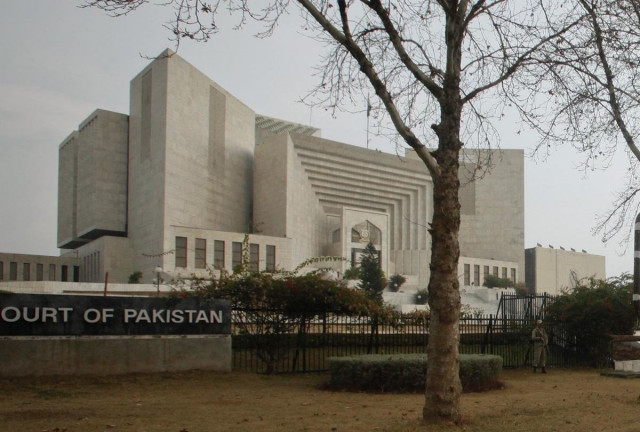Police HR cell emerges as beacon of hope
Enhances trust of people, averts unnecessary delays in cases

The Human Rights Cell has emerged as a beacon of hope, resolving some of the trickiest grievances of people in 2024. The cell's efforts have enhanced public trust in the Hyderabad police while saving people from unnecessary delays.
According to the Hyderabad police spokesperson, the Human Rights Cell received over 3,660 applications this year. These cases covered a wide range of issues, including marital disputes, dowry transfers post-divorce, child abuse, torture, forced labour, sexual harassment, and matters affecting the transgender community. Each case was addressed with proper attention and innovative approaches, ensuring justice and resolution.
Several complex cases handled by the Cell stood out for their sensitivity and effective resolution: A distressing case involved a man accused of sexually assaulting his daughter. A case was registered, reflecting the cell's commitment to justice.
A woman who sold her daughter to a rickshaw driver was arrested. Investigations revealed an illicit relationship between the two, leading to their arrest by Phulaili police. Two women were caught blackmailing people using counterfeit police identification cards. Legal action was taken against them.
Similarly, a complaint from Javed, a resident of Khyber-Pakhtunkhwa, revealed that a boy from Hyderabad was blackmailing his daughter. Utilising modern technology, the cell traced the accused, confiscated his mobile phone and laptop, and uncovered private data of multiple victims. A case was registered. A man residing in Dubai reported his daughter missing for six years.
The cell located the girl in Hyderabad and reunited her with her father, showcasing their dedication to resolving long-standing cases. In a highly sensitive case, a girl who gave birth to a child out of wedlock faced rejection from the baby's father. The cell's intervention facilitated an agreement between both parties, ensuring the welfare of the mother and child.
The Human Rights Cell owes much of its success to Maria Sario, the cell's in-charge. Sario, who also serves as the focal person for Transgender Affairs, Sindh Human Rights Court, Minority Community, JIT Missing Persons, National Human Rights Commission, and the Deputy Commissioner Committee, has been instrumental in handling cases with empathy and expertise.
Her leadership has been pivotal in addressing sensitive matters and ensuring timely action.



















COMMENTS
Comments are moderated and generally will be posted if they are on-topic and not abusive.
For more information, please see our Comments FAQ